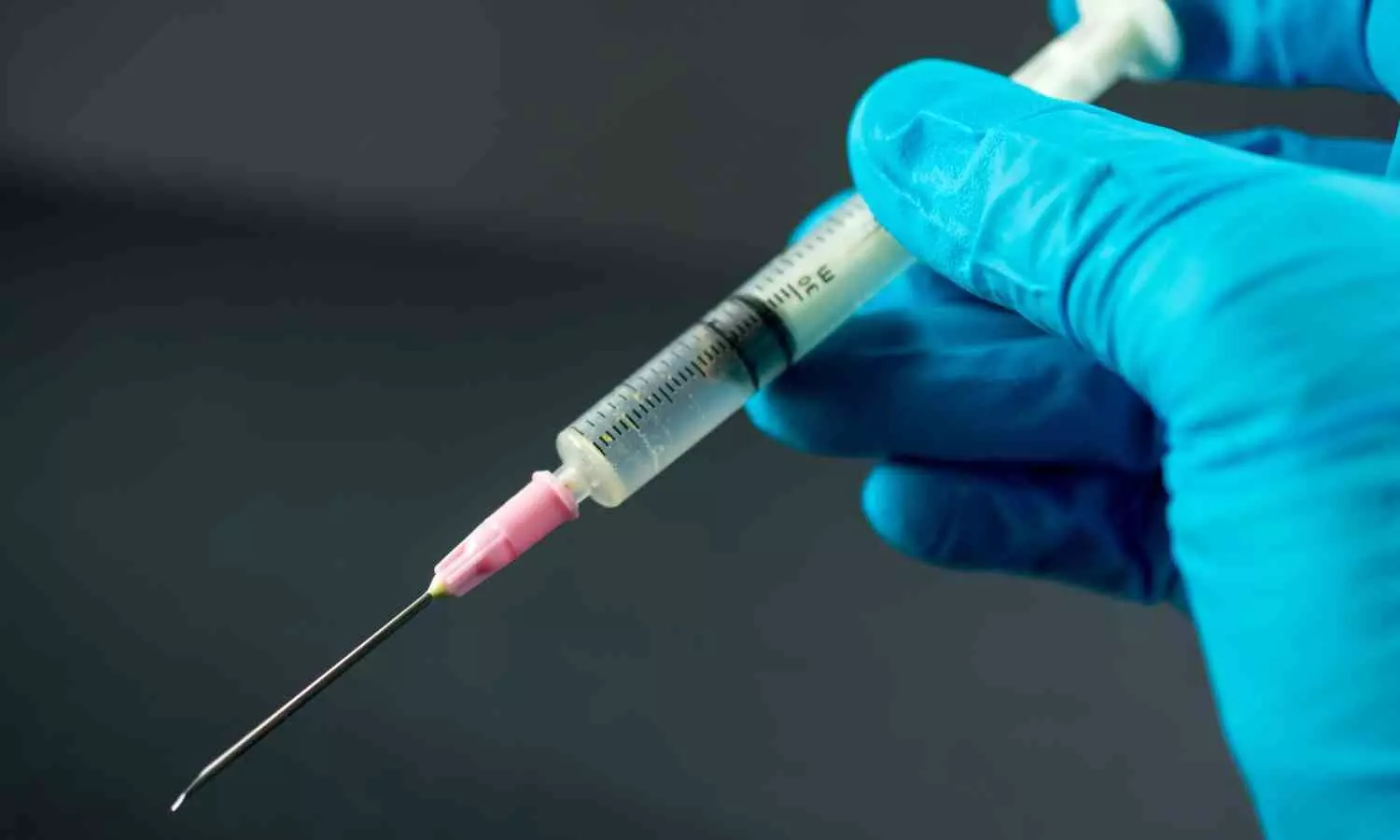Monthly IM Vitamin D Injections Effective in Achieving Optimal Serum Levels compared to oral administration: Study

Vitamin D is imperative to maintain bone and mineral health with an essential role in calcium absorption and bone density. Given its significance, determining the most effective method to achieve and maintain optimal vitamin D levels has been a focal point of research. A recent study published in the Journal of Basic and Clinical Physiology and Pharmacology illuminated on this by comparing three different vitamin D supplementation strategies in a randomized trial, revealing that monthly intramuscular (IM) injections are superior to oral tablets and sachets.
This open-label randomized trial included a total of 132 participants, aged 18 to 60, all of whom had initial serum vitamin D levels below 30 ng/mL, which is considered insufficient for optimal bone health. The participants were divided into 3 intervention groups:
- Group A: Daily oral vitamin D tablet (800 I.U.)
- Group B: Weekly oral vitamin D sachet (60,000 I.U.)
- Group C: Monthly intramuscular vitamin D injection (300,000 I.U.)
The primary objective was to assess the changes in serum vitamin D levels at six and 12 weeks across these groups and to determine the most effective route for achieving sufficient vitamin D levels which was defined as ≥30 ng/mL. These results highlighted the superior efficacy of the monthly IM injections in increasing and maintaining vitamin D levels. At 6 weeks, Group C, which received the IM injections, had the highest mean serum vitamin D levels by reaching 38.38 ng/mL that significantly outperformed the other groups. This trend continued at 12 weeks, with mean levels in the IM group rising to 48.15 ng/mL. At the 6-week mark, only 34.8% of participants in the IM group remained insufficient, a figure that dropped to just 6.8% by 12 weeks. In contrast, participants in the oral tablet and sachet groups showed slower and less pronounced improvements in their vitamin D levels.
The 100% sufficiency rate observed in the IM group by 12 weeks illuminated the potential of this route for individuals who struggle with oral supplementation or require rapid correction of vitamin D levels. Given the critical role of vitamin D in bone and mineral balance, clinicians might consider the monthly IM injection as a preferred strategy for patients with significant deficiency or those needing prompt improvement in their vitamin D status. Overall, the study suggests that monthly IM injections provide a more effective approach to achieving vitamin D sufficiency when compared to oral supplementation.
Source:
Agarwal, N., Lohani, P., & Singh, S. (2024). Oral vs. injected: which vitamin D boost works best for low levels? In Journal of Basic and Clinical Physiology and Pharmacology. Walter de Gruyter GmbH. https://doi.org/10.1515/jbcpp-2024-0018



